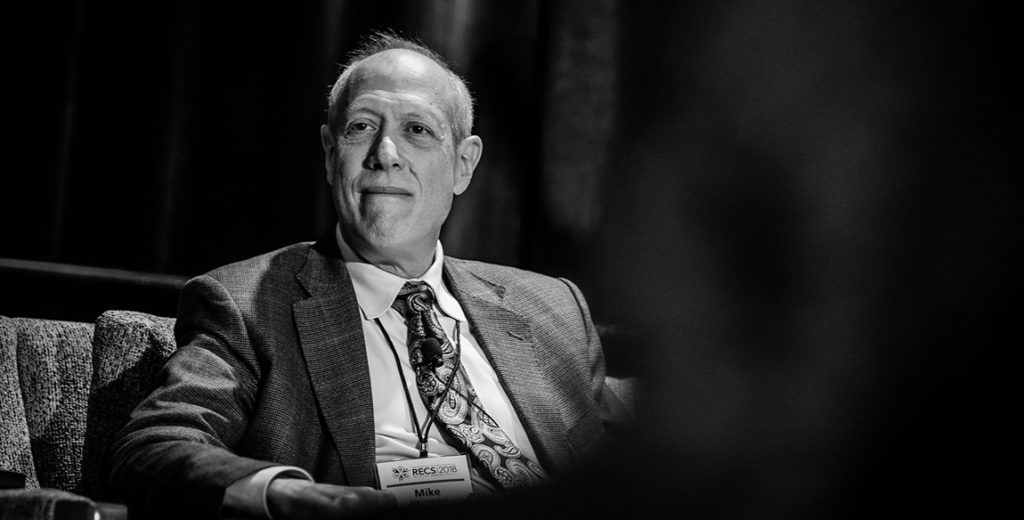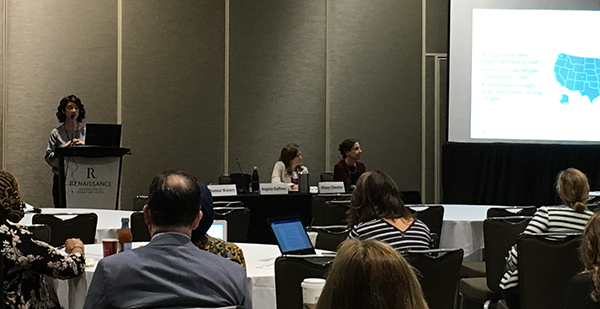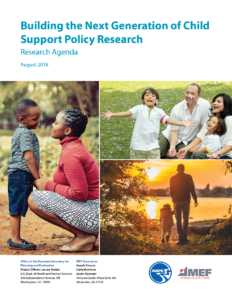OPRE’s 20th annual Research and Evaluation Conference on Self-Sufficiency (RECS) focused on “Creating Pathways to Work and Well-being.” The three-day conference featured a robust mix of original research, open discussion, and reflection among researchers, practitioners, policymakers, and service recipients alike. MEF was delighted to participate in and lead many important, policy-relevant discussions.

Opening Plenary: “Remaking the Safety Net,” featuring MEF’s Mike Fishman
Drawing on decades of experience informing critical policy debates about strategies to help low-income families transition into self-sufficiency, Mike Fishman discussed the role that research can – and must – play in working towards OFA’s goal to “build capacity” among low-income families to move toward self-sufficiency. The opening plenary also featured perspectives of a state social service administrator, a community-based organization, and a former service recipient. Mike discussed how increasing (and measuring) capacity” is a big challenge for researchers but asserted that the field is up to the task. Since “we get what we measure,” it will be crucial for researchers and practitioners to collaborate when determining meaningful and measurable capacity-building outcomes.

Child Support Breakout Session: “Building the Next Generation of Child Support Policy Research”
In 2017, MEF convened a roundtable of child support practitioners, researchers, and federal policymakers to discuss priorities for the child support community. MEF Associates used this insightful discussion to identify opportunities for research to inform policy and practice in a recently released research agenda. At RECS, Asaph Glosser led a session to summarize the research agenda and engage further with a wide range of stakeholders.
TANF Breakout Sessions: “More Than a Nudge: Engaging TANF Recipients in Welfare-to-Work Programs” and “Improving TANF and Employment Services for Refugees and Survivors of Trauma”

Mary Farrell and Angela Gaffney discussed innovative strategies TANF programs are using to serve specific populations. Mary discussed incorporating behavioral science into LA County’s TANF programs to increase engagement in assigned work activities as part of the BIAS-Next Generation project. Angie presented promising strategies states can use to serve refugee families through TANF, from her recent brief published as part of the TANF-RCA project. Both presentations highlighted the importance of specialized and targeted services for TANF participants. Angie emphasized the value of linguistically and culturally appropriate support for refugees. Mary discussed how behaviorally informed interventions can support participants with specific needs, such as access to child care assistance.
Bonus: Podcast!
For more information about ways states can serve refugees through TANF or Refugee Cash Assistance (RCA) and related employment service programs, check out MEF’s Sam Elkin’s recent appearance on the META podcast summarizing findings from the TANF-RCA study!

